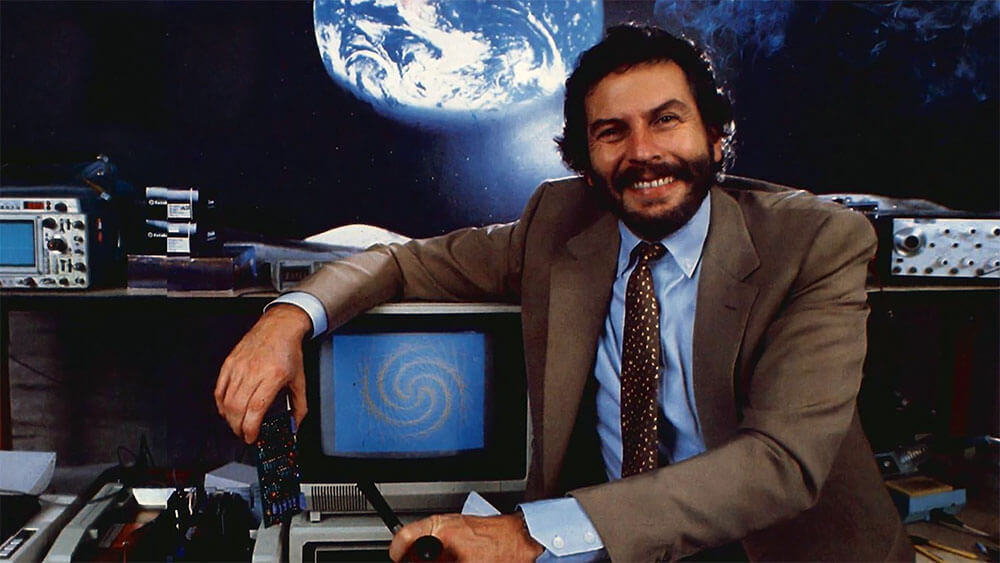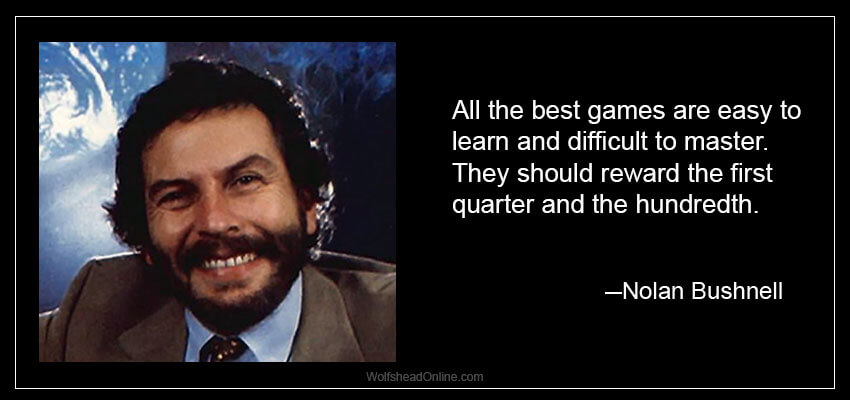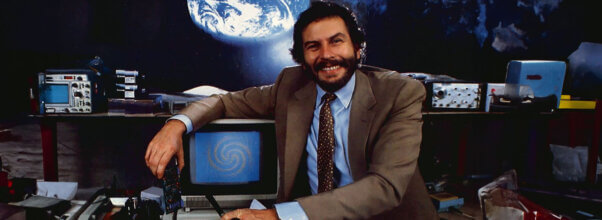Anyone who’s analyzed the success of Blizzard’s insanely popular World of Warcraft can not help but have heard the mantra: “Easy to learn, hard to master”. Their designers have lovingly embraced this notion as one of their key design philosophies. In fact, Blizzard has been employing this elegant design tenet for years with hit after hit from Diablo to Warcraft. The truth is, many do not know that this design philosophy was first coined by Atari’s Nolan Bushnell over 30 years ago in 1971.
All the best games are easy to learn and difficult to master. They should reward the first quarter and the hundredth.
-Nolan Bushnell
Today’s top-selling video games have adopted this very same approach of providing their initial gameplay with easy to comprehend mechanics and readily apparent objectives. The newbie experience in World of Warcraft does this beautifully. After a few minutes, each player knows immediately what to do as soon as they enter the world of Azeroth for the first time. Quest NPCs are laid out in a clear manner and act as helpful signposts for the beginner. New players start with a few simple yet fun abilities — nothing too daunting or complex.

The interface also reflects a sense of generous minimalism. The initial WoW combat experience strikes a good balance between button mashing and actually being able to savor the battle in front of you. Constant rewards also plays a big role in introducing the player to the de facto hook of MMO’s: character advancement. In just a few minutes, a player should have a fundamental grasp of a game. In the gaming industry it’s known as the 15 minute rule. Players will decide in that brief time whether they like your game or not, so make a good first impression!
The second part of Bushnell’s Theorem addresses the idea of providing players with a challenge that scales to the abilities of the player. It’s long been a video game tradition that content becomes harder the further a player progresses within a game. My favorite design principle when plotting out player challenges is the rising saw tooth pattern. Challenge — provided by content — should get progressively harder; then the challenge should drop slightly to let the player feel heroic and powerful. Eventually, the difficulty starts to ramp up again to present new challenges to the player.
A key element in creating challenge is keeping the player coming back for more. It’s also important to create a culture of skill and competition for the player. A good game should inspire its players to improve. The real hard work of game design is finding the sweet spot where an encounter is challenging enough but not frustrating or tedious.
Another idea that is an offshot of the “difficult to master” notion is that we must always provide the players with the feeling that there is something in our game worlds that is dangerous and unbeatable. This has given rise to inclusion of the “mini-boss” and “final boss” that reside in the deepest darkest dungeons. Since it’s impossible to “win” a MMO there must always be a seemingly impossible challenge on the horizon that threatens to destroy all life as we know it (TM). I believe this is why Blizzard chose to introduce raid content to WoW despite the casual friendly focus of the game.
Conclusion
As humans we seem to thrive on the attainment of far-reaching goals and aspirations; we have an inherent need to evolve, improve, and get better. The taming of fire, the invention of the wheel, the invention of the incandescent light bulb, the creation of aircraft, and landing a man on the moon were all considered unachievable in their time.
Unlike real life which is uncertain, we can provide challenges in our games that are ultimately attainable by the player that wishes to spend the time to master the game. Perhaps that is why video games are so successful in our culture — they guarantee a reasonable sense of accomplishment and advancement in their worlds. Not all who work hard get ahead in the real world, yet if you play hard you will certainly get ahead in the gaming world of your choice.
–Wolfshead





Excellent post. I Googled Bushnell’s quote to get here.
Same here. And 6 years after, this article is still relevant. Props to the author! 🙂
….and 8 years later, this article is still relevant!! Good work!